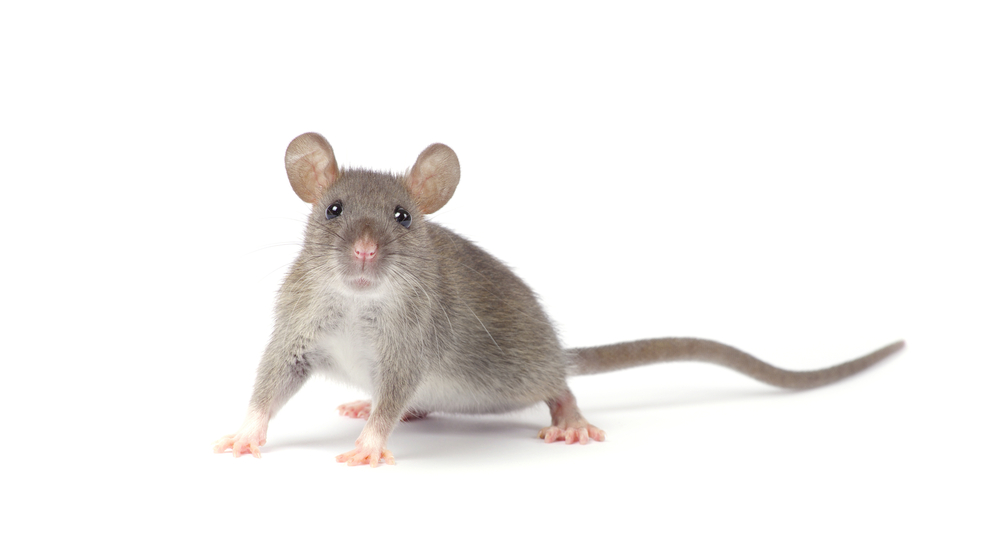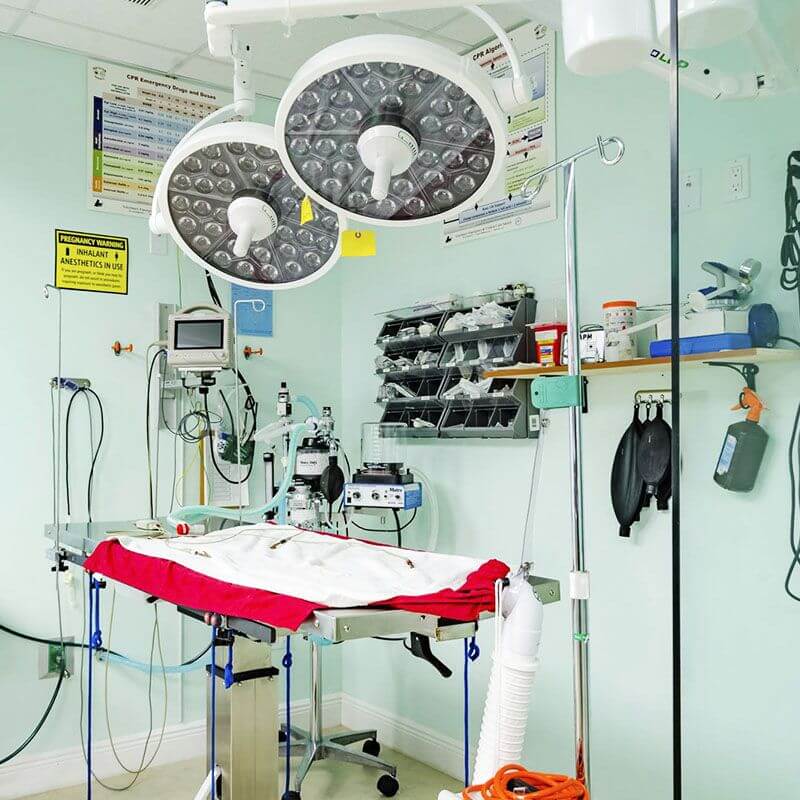What Is Pet Minimally Invasive Surgery?
Minimally invasive procedures refer to a surgical approach that involves making very small incisions in the body where small tubes, pet endoscopy tiny cameras, and delicate surgical instruments can carefully enter. Compared to regular open surgery, minimally invasive procedures are designed to put much less trauma on the body, which often results in a speedier recovery and less overall discomfort for your pet.
The Benefits of Minimally Invasive Pet Surgery
We aim to help your pets get back on the road to recovery as quickly as possible. Our team is passionate about the pursuit of careful and precise surgical care that is associated with numerous benefits traditional services often lack. Minimally invasive surgeries can offer your pet several advantages, which include, but are not limited to:
- Increased accuracy
- Less pain
- Minimizing bleeding
- Faster healing
- Less scarring
- Reduced chances of post-operation infection
- Decreased inflammation
- Increasing muscle relaxation
- Shorter hospital stays
Minimally Invasive Pet Surgery FAQ
We understand that you have questions about our process, and we are happy to answer. Our knowledgeable and friendly team is ready to explain the details about our procedural steps, materials we use, and aftercare tips to optimize the recovery period. Some frequently asked questions regarding pet minimally invasive surgeries include:
Effective Minimally Invasive Pet Surgeries in Miami You Can Trust
At Paws and Claws Medical Center, we are a passionate and skilled team ready to utilize pet minimally invasive surgery for maximum efficiency. We are proud to offer a broad range of procedures suitable for a broad variety of pets that we believe don’t often get the professional attention they deserve, such as reptiles, birds, pocket-sized pets, and many more.
We are caring pet parents, just like you, and we are committed to performing quality Miami pet minimally invasive surgeries that will help your pet get back on the road to recovery as quickly as possible. Our practice is committed to helping your pets live free from the constraints of pain and discomfort. We are backed by modern veterinary tools and developed techniques to give your pets a future full of health, happiness, and fluid functionality. Contact us today to schedule an appointment and learn more about our efficient pet minimally invasive surgeries!


